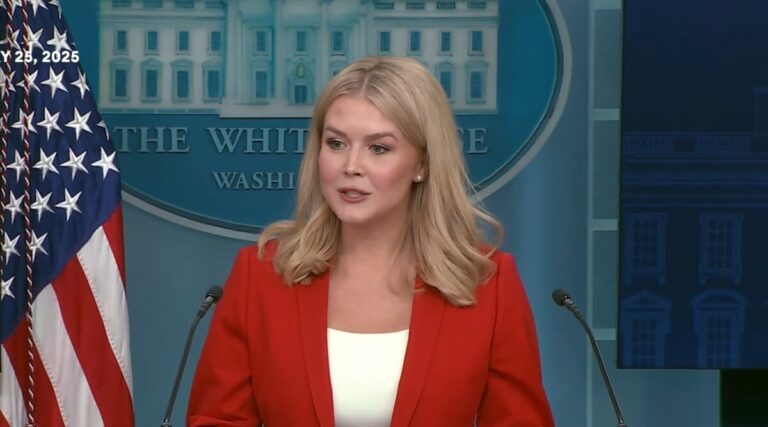On Friday evening, President Trump commuted the sentence of former Republican Representative George Santos, a move that instantly reframed a political saga already dense with controversy. Santos had been sentenced to 87 months in federal prison after pleading guilty to wire fraud and aggravated identity theft. He was expelled from the House earlier for an ethical concerns furor that lingered long after his departure from the chamber, a reminder that the political fallout from his actions extended well beyond the courtroom.
The commutation did not end the conversation. On Saturday, Santos took to X to thank President Trump and to present a version of events that blends faith, gratitude, and a pledge to pursue what he calls a second chance. “Yesterday, I was given something I never thought I’d have again: a true second chance at life,” he wrote. The full message goes on to thank Jesus Christ for never abandoning him and to express a belief that even serious mistakes can be offset by mercy and renewal. He also calls attention to his conversation with President Trump, describing the exchange as a moment that revealed the leader’s mercy, humanity, and belief in second chances.
Yesterday, I was given something I never thought I’d have again: a true second chance at life. A chance to grow, to change, and to walk a better path.
First and foremost, I want to thank our Lord and Savior, Jesus Christ, for never abandoning me. I’m far from perfect. I’ve made…
— George Santos (@MrSantosNY) October 18, 2025
Santos’ post is carefully framed around forgiveness and rehabilitation, a theme that aligns with a broader conservative emphasis on redemption within the criminal justice system. He pledges to focus on prison reform and accountability, arguing that the system should protect dignity while supporting genuine rehabilitation. He even singles out what he describes as dehumanizing treatment by specific prison staff, a detail that underscores the grievances that often accompany discussions about confinement and oversight.
https://twitter.com/MrSantosNY/status/1979735798414237899
President Trump’s own post announcing the commutation framed the move in broader political terms, noting that Santos was “somewhat of a rogue” in a country where many who err may not face the same consequences. The exchange quickly drew attention to the tension between accountability and mercy in the public sphere, a debate that does not disappear with a presidential signature.
Separately, a report noted that Santos apparently learned of the commutation after inmates spotted it on a television crawl, a humorous and sobering reminder of how fast information travels inside prison walls. Santos’ subsequent online presence has included cameo-style videos and brief social media bursts that blend pop culture, personal image, and policy talk.
The broader political and cultural moment also carried other online-firestorms, including a high-profile campus incident at Illinois State University where a teaching assistant disrupted a Turning Point USA event, prompting questions about free speech and decorum on campus. The episode featured provocative remarks about Jesus and displayed the volatility of political discourse in real time.
In the end, the Santos case and the surrounding chatter illustrate a conservative insistence on accountability, mixed with a belief that redemption is possible and worth pursuing. It is a narrative that keeps the nation focused on how justice, mercy, and politics intertwine in the real world.




Leave a Comment